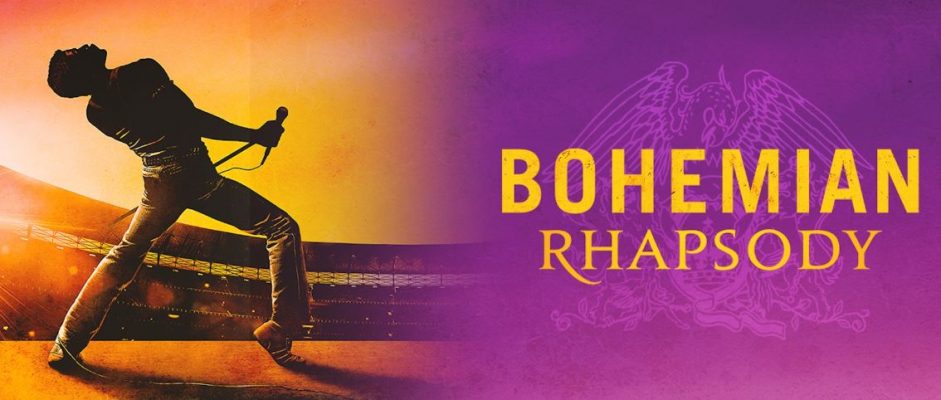Freddie Mercury (born Farrokh Bulsara) wrote “Bohemian Rhapsody” in 1975 for the British rock band Queen. The piece has come to be regarded as one of the strangest, most-inspired, and least-understood songs in the history of rock. Ever since it was recorded in September 1975 it has provoked controversy due to the complexity of the content and translations or interpretation by different people.
Bohemian Rhapsody is a six-minute suite consisting of several sections without a chorus: an intro, a ballad segment, an operatic passage, a hard rock part and a reflective coda. The song is a more accessible take on the 1970s progressive rock genre. However, beyond expectations, the song has received airplay, accolades, and recognition.
By the end of January 1976, the song had sold over a million copies and stayed on the UK Singles Chart for more than nine weeks. It was accorded the only song to be the UK Christmas number one twice by the same artist. Also, it topped charts in other places as well, including Australia, Canada, Ireland, New Zealand and The Netherlands, and later became one of the best-selling singles of all time selling over six million copies worldwide. As at now, the number of downloads has exceeded 1.6 billion across global on-demand streaming services – it is indeed a commercial success.
Meanwhile, one might think that based on the acceptance of this song on a global level, it shouldn’t have any controversy. But, that is not the case with Bohemian Rhapsody. The song has raised mixed critical reaction and controversies. And it wouldn’t have been so, if translators, translator agencies, and/or individuals who are so curious to know exactly what he was thinking when he wrote the song. Or perhaps, what inspired such controversial piece.
There has been much speculation as to the meaning of some of the words used by Freddie in the song. Many of them appear in the Qu’ran. ‘Bismillah’ is one of these, literally meaning “In the name of Allah.” The word “Scaramouche” is defined as “A stock character that appears as a boastful coward.” Beelzebub is one of the many names given to the devil. Despite the known meaning of words used in the song, the real meaning of the whole concept is still a mystery. This was why in a BBC Three documentary about the making of “Bohemian Rhapsody”, Roger Taylor maintains that the true meaning of the song is “fairly self-explanatory with just a bit of nonsense in the middle.”
Brian May supports suggestions that the song contained veiled references to Mercury’s personal traumas. He recalls “Freddie was a very complex person: flippant and funny on the surface, but he concealed insecurities and problems in squaring up his life with his childhood. He never explained the lyrics, but I think he put a lot of himself into the song.”
From another angle, other than his childhood, some people gave explanations relating to his sexuality, because it was around that time that he was starting to come to terms with his bisexuality, and his relationship with Mary Austin was falling apart.
At some point in time, Lesley-Ann Jones, author of the biography Mercury, thought maybe Freddie was coming out as gay in this song. She had at some point posed the question to him but he answered vaguely about the song’s meaning. Admitting only that it was “about relationships.” But Jim Hutton, Freddie’s lover, admitted after Freddie’s death that he was gay. Mercury’s good friend Tim Rice would later agree and offer some lyrical analysis to support the theory:
“Mama, I just killed a man” – He’s killed the old Freddie he was trying to be. The former image.
“Put a gun against his head, pulled my trigger, now he’s dead” – He’s dead, the straight person he was originally. He’s destroyed the man he was trying to be, and now this is him, trying to live with the new Freddie.
I see a little silhouette of a man” – That’s him, still being haunted by what he’s done and what he is.
Are all of these enough to propose a complete and accurate meaning to Bohemian Rhapsody? No. This is so much of a reason why there will still be critical reactions and assumptions to the true idea behind the song. But then, Freddie already said, about the song that, “It’s one of those songs which has such a fantasy feel about it, I think people should just listen to it, think about it, and then make up their own minds as to what it says to them…” Let every man hold this to be true, that there is allowance for interpretation, rumination, and translation as it as being from the beginning.


